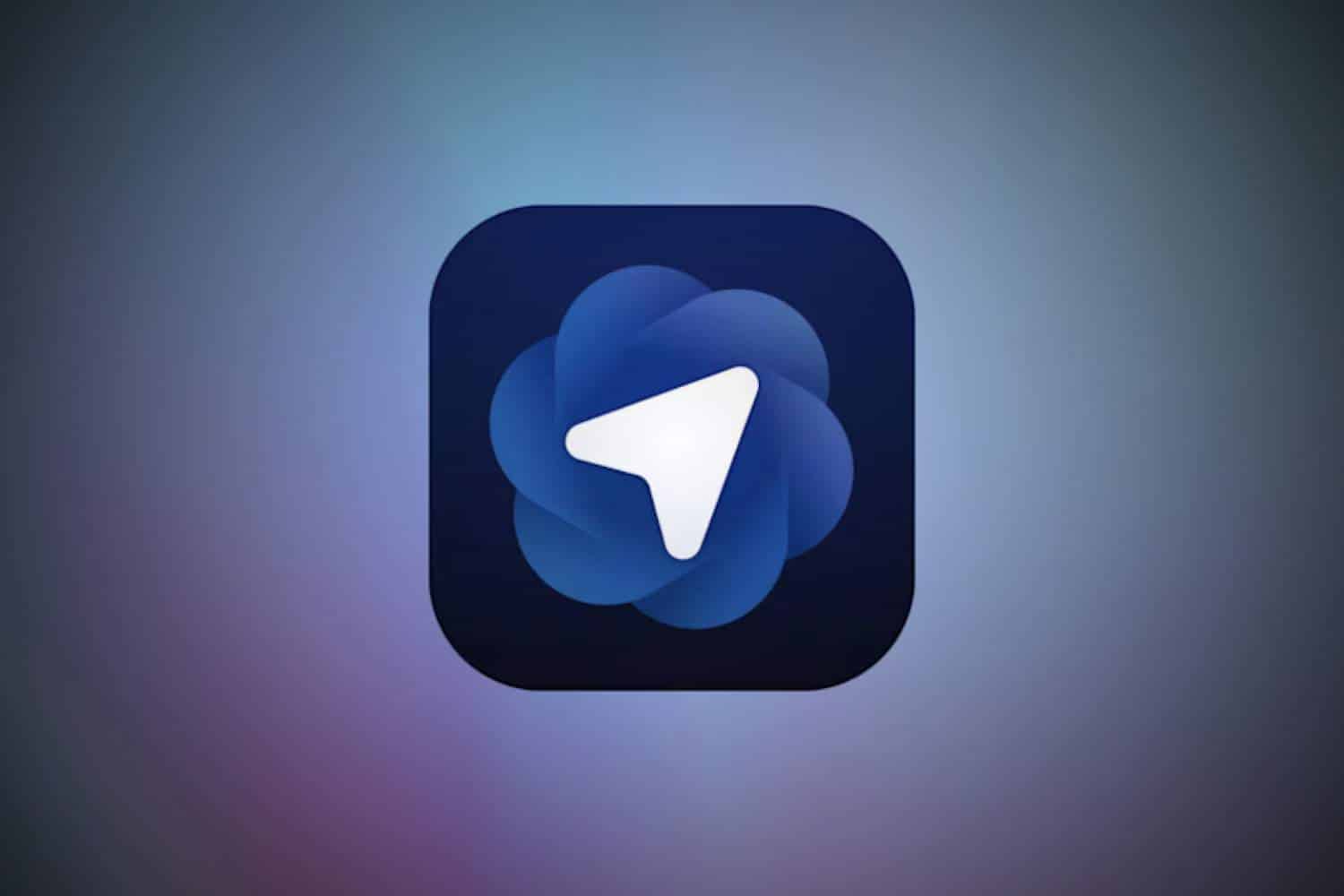OpenAI has announced the launch of ChatGPT Atlas, its first artificial intelligence-powered web browser, marking a significant move into territory long dominated by Google.
The browser, which integrates ChatGPT at its core, represents a major step toward what OpenAI describes as a “super-assistant” — a tool that not only helps users search the web but also completes tasks, manages context, and automates actions in real time.
In a statement released on Tuesday, 21 October 2025, OpenAI said ChatGPT Atlas was built around the idea that modern browsing should be more personal, proactive, and context-aware.
The browser lets users bring ChatGPT along across websites, enabling instant summarization, content analysis, and interactive assistance without needing to switch between tabs or apps .
“AI gives us a rare moment to rethink what it means to use the web,” OpenAI said.
“With Atlas, ChatGPT can come with you anywhere — helping you understand what you’re trying to do and completing tasks for you, all without copying, pasting, or leaving the page.”
At its core, ChatGPT Atlas introduces several new features. The most notable is agent mode, which allows ChatGPT to take actions directly in the browser, such as researching, shopping, or booking appointments on behalf of the user — always under their supervision.
For example, users can ask ChatGPT to “find hotels under R3,000 in Cape Town and book the top-rated one,” and the assistant can handle the process from start to finish.
Another major feature is browser memory. This function allows ChatGPT to remember the context of what users browse — such as previous job searches, articles, or ongoing projects — and use that information to improve future interactions.
OpenAI has stressed that these memories are fully optional and can be viewed, archived, or deleted at any time. Users can also control which sites ChatGPT can access and use an incognito mode to browse privately.
For security-conscious users, OpenAI assured that ChatGPT Atlas cannot run code, download files, or install extensions without permission. Sensitive activities, like online banking, automatically trigger confirmation prompts to prevent misuse. The company also highlighted safeguards designed to protect against hidden malicious instructions that might appear in web pages or emails.
Currently, ChatGPT Atlas is available for macOS users with Apple Silicon chips (M1 or later), with Windows, iOS, and Android versions expected to follow soon.
It’s accessible to Free, Plus, Pro, and Go users, while Business and Enterprise users can join the beta programme through their administrators.
Early testers have praised the seamless integration of AI into daily browsing. One student quoted by OpenAI said, “Atlas helps me learn faster. I don’t have to switch between tabs to ask ChatGPT questions — it understands what’s on my screen and gives me instant answers.”
The browser also offers familiar tools such as tabs, bookmarks, and customizable themes, alongside smart search capabilities for text, images, videos, and news.
With ChatGPT Atlas, OpenAI has entered the browser market with a product that could redefine how people interact with the internet.
By merging generative AI with the browsing experience, OpenAI is positioning itself not just as a search assistant but as a full-fledged competitor to Google’s long-standing dominance.
